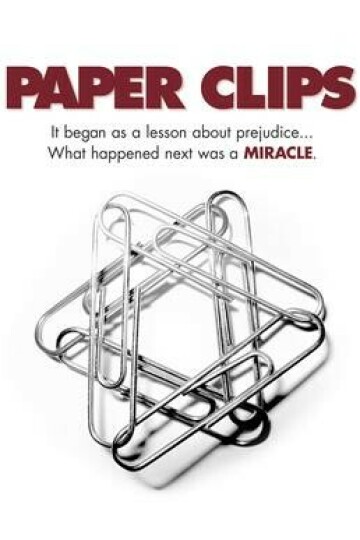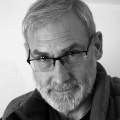Paperclips of Tennessee

Author’s note: Since the citizens put a liar, traitor and conman back into the Oval Office I have ricocheted between the five stages of grief. God, in her infinite wisdom, killed my new computer the day my wife and I arrived in Tennessee to prevent me from submitting columns to the Reader for several weeks. Now I’ve returned and reworked a rough draft column that is set at the “acceptance” stage.
The day after the 2024 election Claudia and I flew to Tennessee because, as I joked with a friend, I wanted to get a good look at one of the states that sent Trump back to threaten our democracy. He won the “Volunteer” state by a commanding 64 percent of the vote in 2020. That’s a blowout.
I may write a column or a book about the deprogramming that will be necessary in both political parties if America is ever to resume its adulthood. I principally blame Republicans but Democrats are not innocent.
Here is a caution to what will otherwise be a rosy story. In the last PBS Friday news roundup before the election David Brooks described attending a “nativist” Christian Church in Tennessee. This is a Christian sect calling to replace the religious neutrality of the Bill of Rights with an official American church. Brooks described serious honorable people listening to a preacher spreading division and partisanship. The commentator was shaken.
I found an election map of an all-red Trump Tennessee. There were three small blue points which included two of our stops, Nashville and Memphis. Within the rural sea of red lies Whitwell a town of 3,000 which was featured in a 2003 documentary that my chess buddy recommended. He and his wife had been so taken by the story that they made a pilgrimage to the town 20 years ago. When my wife and I Netflixed the movie I hid my tears as we sniffled at the show of human decency this city’s middle school students displayed.
The paperclip project began in the 1990s after Whitwell middle school teachers put their heads together about how to explain the Holocaust to their sheltered students. Their curriculum grew each year. When one student asked how big six million was – the number of Jews murdered by Nazis – visualizing the number became a challenge. Would it be possible to collect six million somethings that could drive home the magnitude of the tragedy?
Someone discovered that the people in conquered Scandinavia adopted paperclips as a symbol of resistance to the Nazi Jew hunters.
Students began writing to people asking them to send paperclips to their school. One of the people they sent a request to was actor Tom Bosley, best known as the father in the television series Happy Days. Mr. Boswell was descended from victims of the Holocaust. He was deeply moved by their request for a paperclip. He sent them one enclosed in a touching letter. He was asked to read the letter for the documentary. It was one of thousands sent to Whitwell. The students catalogued them for history and put them all in three-ring binders.
That first year another fan of the project sent the school a hundred thousand paperclips. It seemed that it might not take long to gather up the symbolic numbers but, in fact, they still had a long way to go. Then a German couple living in the U.S. heard about the paperclips and came to visit the school. They were both journalists who wanted to tell the student’s story and encourage them with their project. They’re story was published in a well-known paper. It was picked up by others and disseminated throughout the U.S. More paperclips found their way to Whitwell.
Among the story’s readers were survivors of the Holocaust. Half a dozen of them from New York City, people then in their 70s, drove to Whitwell to tell the students about their experiences. As they told their stories there wasn’t a dry eye among students, staff and neighbors. Tears flowed.
By now the project, many years in the making, had enough paperclips to represent the 12 million victims of the death camps. It seemed fitting that there should be a memorial.
Having heard the harrowing stories of real people forced into cattle cars, someone wondered if one of the original box cars could be found to house their paperclips. The German journalists returned to Germany scoured the nation and found one surviving car in a German museum. German citizens helped ship it to Whitwell, Tennessee, where Claudia and I visited it.
It was a reminder of the good will our nation will need to heal itself.
Harry is still expressing various stages of grief at lincolndemocrat.com
